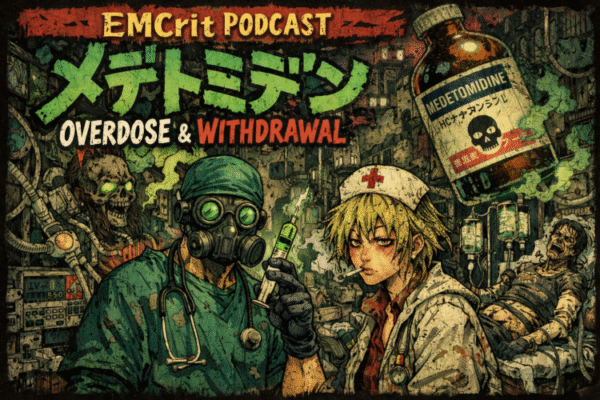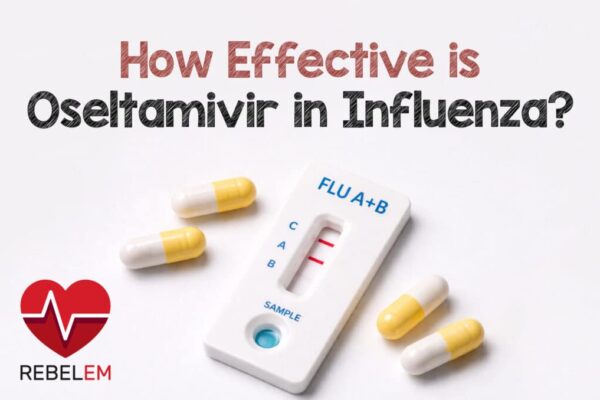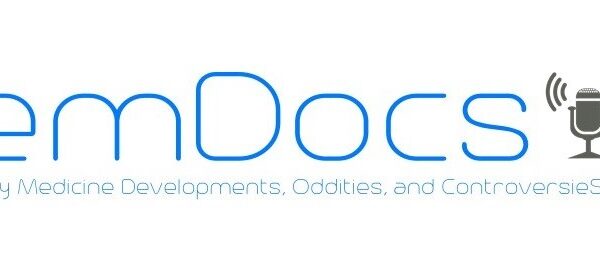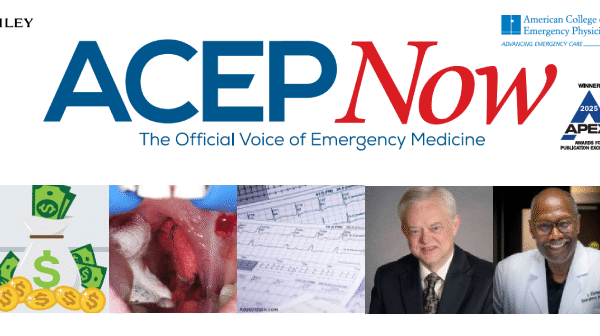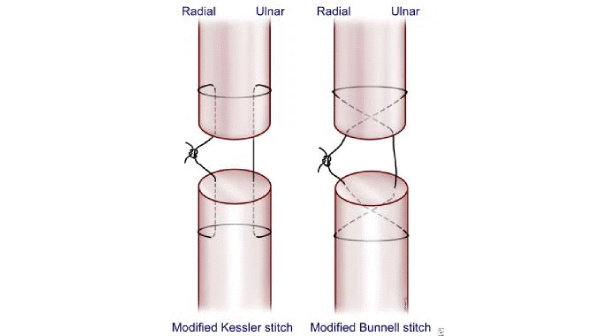
Rib Fracture Risk: Using RibScore + SCARF to Predict Decline
🧭 REBEL Rundown 🗝️ Key Points 🧓 Rib fractures in older adults can decompensate late — early vitals and a “normal-ish” exam don’t rule out impending respiratory decline. 🖥️ RibScore = anatomy/CT risk — helps predict pulmonary complications and supports disposition decisions (floor vs stepdown/ICU). 🫁 SCARF = bedside physiology & function — repeatable and…








